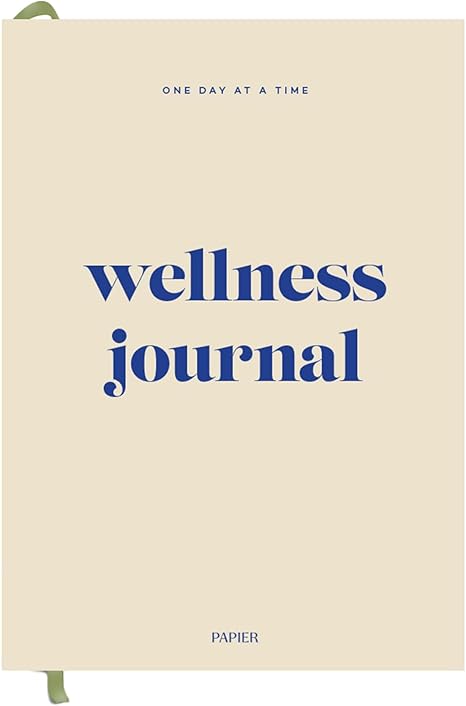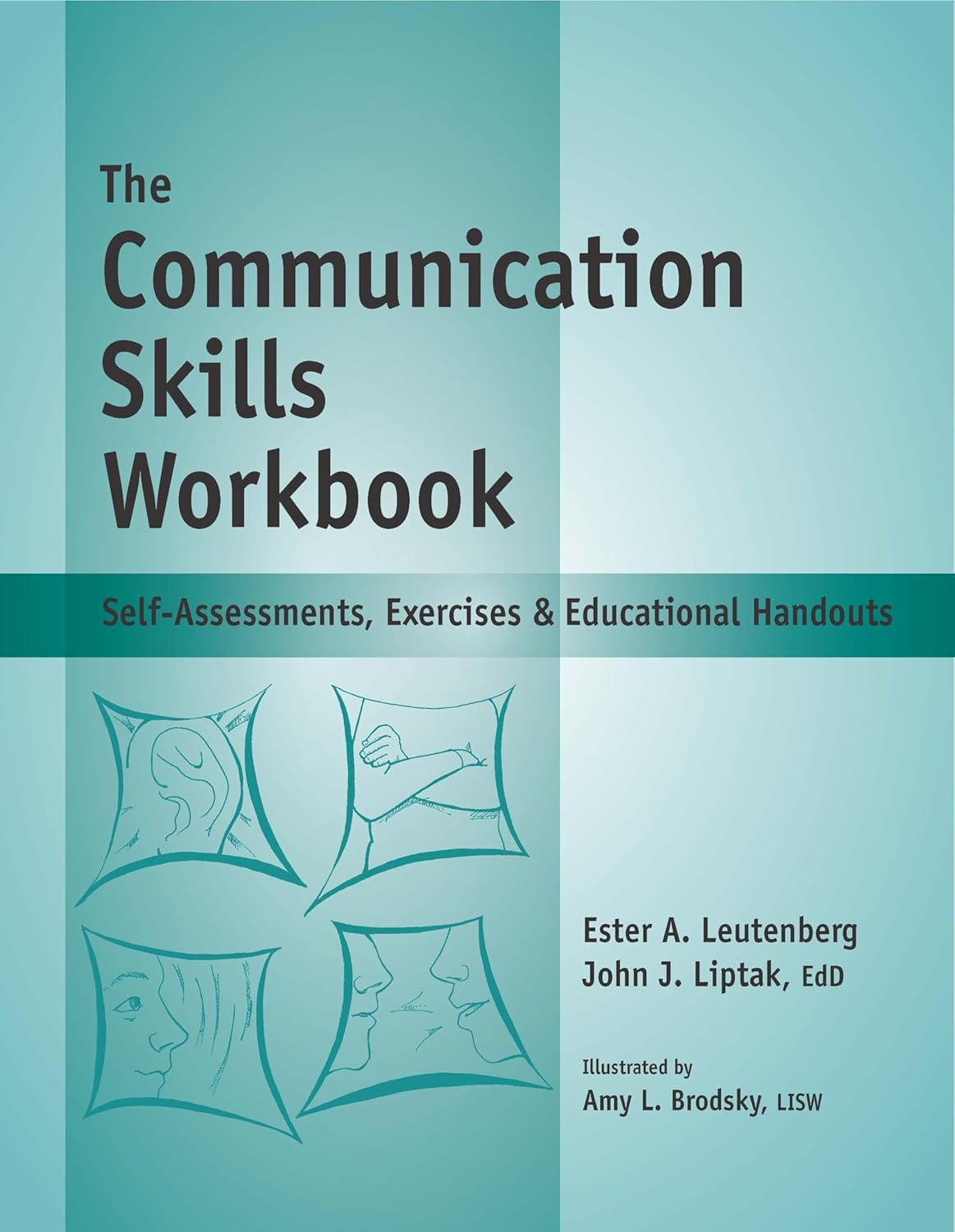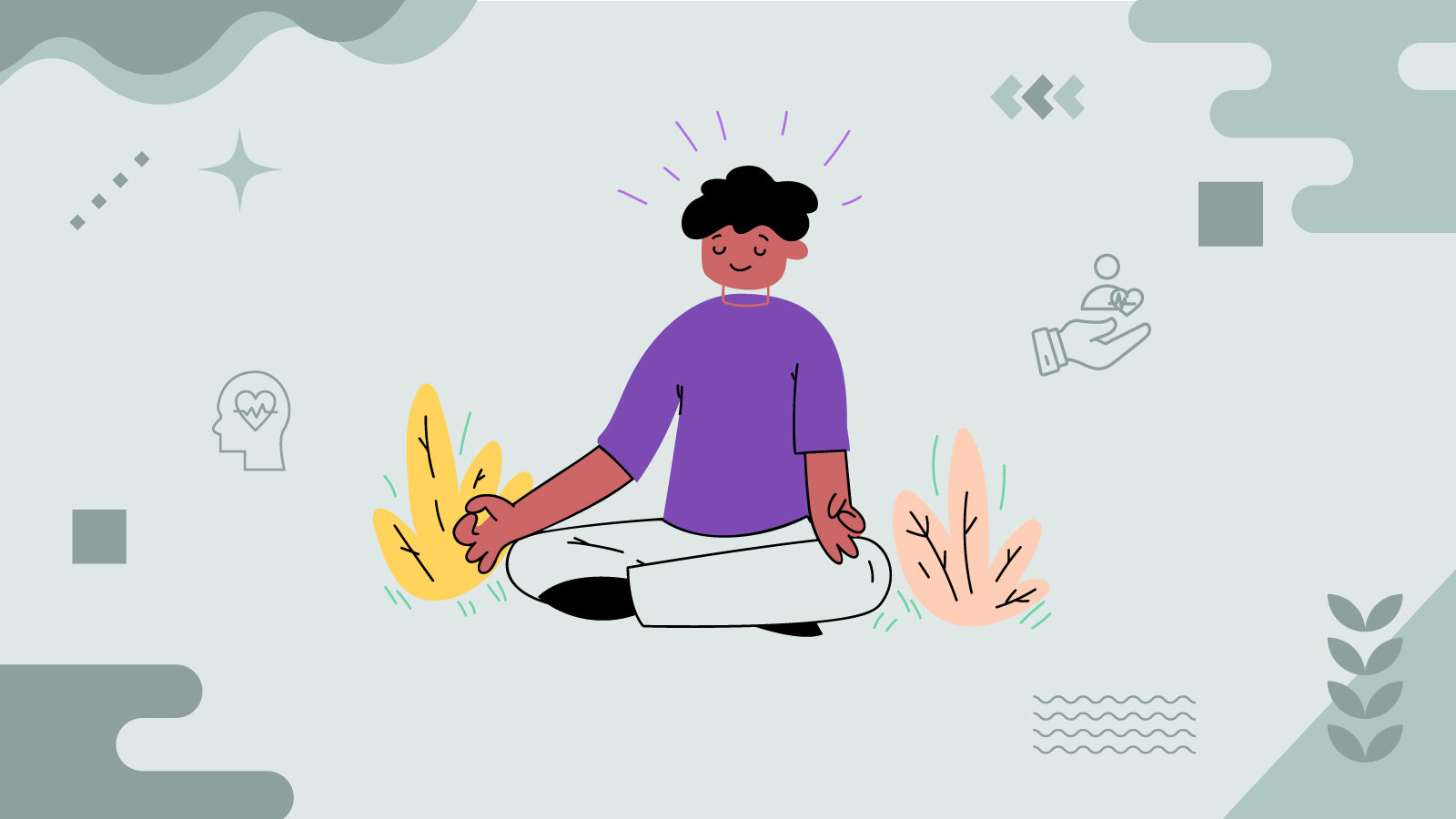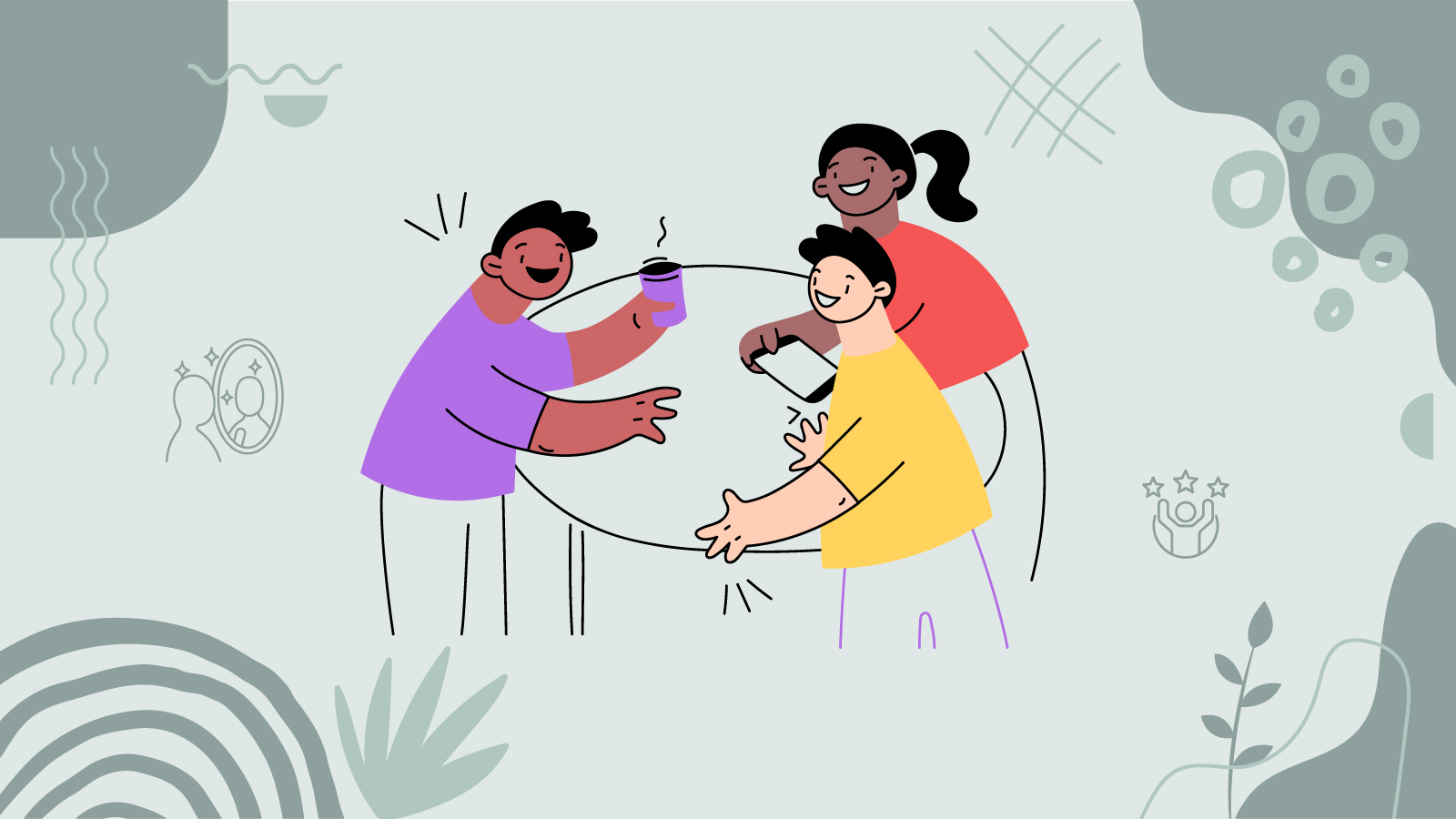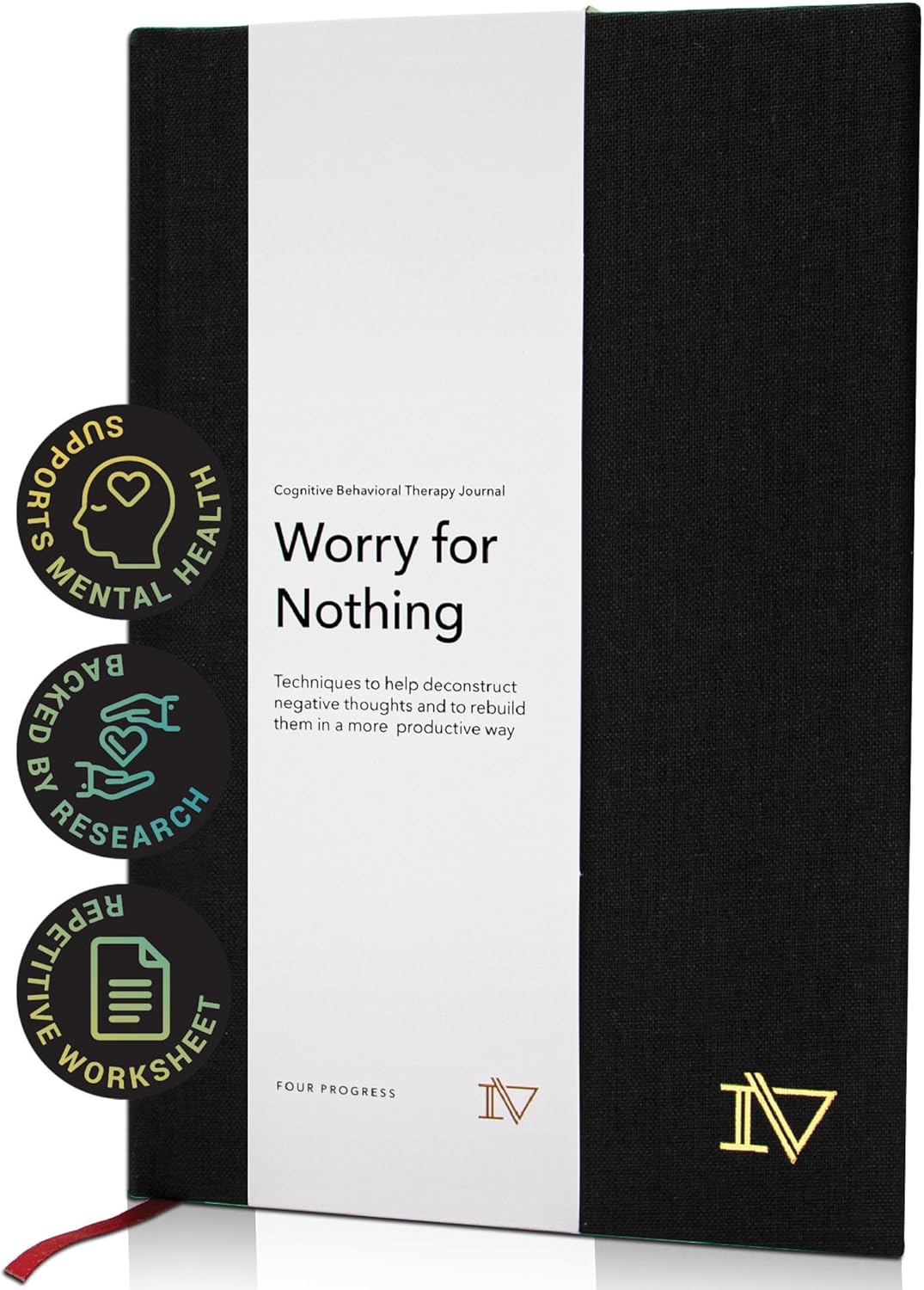So, you’ve given someone a right swipe! Kudos to you for taking the plunge! Your curiosity has led you to this article, eager to uncover the ins and outs of online romance. And we understand your need to know everything about it.
Everything means everything.
We get it—dipping your toes into the world of online dating can feel like navigating a minefield. The fear of being defrauded or left to pick up the pieces after a toxic encounter is real, and you’re definitely not alone in feeling this way.
So here’s everything you need to know before you sign up to meet your Mr. Love Interest, emerging from the dating app like a modern-day prince ready to sweep you off your feet!
#1: The Catfish Chronicles
When you meet someone online and can’t wait to see them in person, you already have fallen for them in your mind. But what if you get to know that they never existed? The information they offered and the images they attached to their profile were all fake. Wouldn’t it land you in a total shock?
This is what catfishing means when people create fake profiles and identities on the internet. When you are choosing to flow into the online romance, be wary of the catfishers. Dig a little deeper and try to collect as much information as possible. When you let your brain watch for red flags while your heart takes the lead in love, you are sure to win the game of love.
Psychology Insight: The brain’s reward system releases dopamine when we feel attracted to someone, making us more susceptible to manipulation. This dopamine rush can cloud our judgment and lead us to ignore red flags.
Simple Strategy: Conduct a reverse image search on their photos to verify their authenticity. If their images appear elsewhere or don’t match their story, it’s a warning sign that you might be dealing with a catfish.
#2: Romance Scams: Love at a Price
You’re having a great time together, feeling like you can never get enough of each other. Enjoying each other’s company has become your new favorite pastime. But then comes a bummer: you sense they have a hidden agenda as they keep asking for favors one after another.
Here’s what it means: You are their new bait!
They are potentially using you for money or other favors they can extract from you. So, while you are playing the game of love, it is important that you stay alert to their intentions and agendas until you are 100% sure about them. You must listen to the voice of your instinct if something seems off (because it will most likely be the case). Try to stick to the voice that’s guiding you from within. And if, at the back of your mind, you are worried about losing a potential match, remember: What’s meant to be will be!
Psychology Insight: Scammers often use emotional manipulation techniques that play on our feelings of empathy and attachment. The psychological phenomenon of “commitment escalation” can make it hard for victims to recognize when they’re being taken advantage of.
Simple Strategy: Set clear boundaries and listen to your instincts. If someone begins to pressure you for money or favors, reassess the relationship. Remember, true love should not come with financial demands.
#3: Love at First Sight: The Illusion That Can Lead to Heartbreak
If you’ve met someone online, and it feels like ‘Love at First Sight,’ apply your brakes right there and then. First, love at first sight is overrated, and second, you’ve met them online, which is risky territory. Take your time to understand them—as a person, their moods, their preferences, inclinations, etc. Only once you are sure about them and you’ve spent a good amount of time peeping into their soul should you make the next move. Understand, it’s not about being skeptical but drawing a safety line so you don’t end up sitting at a bar, drowning in regret and unanswered questions.
Psychology Insight: The halo effect can distort your perception, making you idealize someone based on initial attraction. This bias may prevent you from seeing potential flaws or incompatibilities.
Simple Strategy: Take your time to get to know the person. Ask questions that delve into their values and beliefs. Building a strong foundation based on understanding will help you see beyond that initial spark.
#4: Ghosting: The Phantom Exit from the Dating Scene
Ghosting is a real thing. Before investing your heart somewhere, test the waters and see if they are worthy of your love. Ghosting is when they catch your interest and attention in love, only to leave you guessing why they exit. This is where it hurts the most. Before investing your emotions and energy in someone, especially when you have met them online. It’s crucial that you establish clear communication and set boundaries to protect yourself from the sting of unexpected disappearances.
Love bombing and showering over attention in the initial stage are the two signs that will remain present if you are likely the victim of ghosting. So, remain very cautious when giving someone your trust and understand their true intentions.
Psychology Insight: Ghosting triggers feelings of rejection and abandonment, activating the brain’s stress response. This can lead to anxiety and insecurity about future relationships.
Simple Strategy: Establish clear communication from the start. Discuss how you both prefer to handle difficult conversations. If ghosting occurs, remind yourself that it reflects their inability to communicate, not your worth.
#5: Emotional Manipulation: The Dark Puppet Master Behind the Screen
There’s a one-in-a-million chance that you have never been a victim of emotional manipulation. And when you’ve been there and done that, do not suppress your inner voice when it says that you are being taken advantage of in the name of love, especially when you meet someone on a dating app, and without a second thought, you have started dancing to their tunes.
The important thing is that you do not need to blame yourself. Even if you haven’t been able to spot their real intentions and doubt your instincts, you were being genuine and honest in your approach. But once the veil begins to unravel (that their real agenda is to keep in their control or take advantage of your feelings), do not waste a minute showing them the exit gate.
Psychology Insight: Manipulators often exploit psychological tactics, such as gaslighting, to undermine your confidence and control the narrative of the relationship.
Simple Strategy: Trust your intuition. If something feels off, don’t ignore it. Maintain a journal to reflect on your feelings and experiences; this can help you identify patterns of manipulation.
#6: Idealization is a Myth That Can Shatter Your Heart
One of the deepest pitfalls you can fall into when dating online is assuming them ideal, even before you’ve met them. This idealization can cloud your judgment and prevent you from seeing them as they truly are. When dating online, it is of crucial importance that you don’t fall for something they are not. This can create a false sense of connection and intimacy that may not exist.
Instead of building a genuine relationship based on mutual understanding, you risk investing emotionally in an illusion that may not reflect reality. To protect your heart, it’s crucial to approach online dating with a clear perspective, recognizing that no one is perfect. This awareness helps you foster authentic connections while safeguarding against disappointment when reality doesn’t match your idealized vision.
Psychology Insight: The idealization-devaluation cycle is common in relationships, where initial attraction can lead to unrealistic expectations. When the reality doesn’t match your fantasies, it can cause significant emotional turmoil.
Simple Strategy: Practice grounding techniques to stay present. Remind yourself that everyone has flaws. Engage in honest self-reflection to ensure you’re not projecting your desires onto someone else.
Final Thoughts
Navigating the thrilling yet treacherous waters of online romance can be exciting, but it also requires a sharp eye and a courageous heart. So, beware of the pitfalls mentioned above before entering the world of digital romance.
Trust your instincts like a seasoned detective on the case of your love life, and set firm boundaries to protect your emotional well-being. A genuine connection should feel like a warm embrace, lifting you higher rather than leaving you in a cloud of confusion and doubt. The right person will not only respect your boundaries but also celebrate the authentic you—no illusions, no games.
So, step boldly into the world of online dating, armed with knowledge and self-awareness. Your true love story is waiting just beyond the screen! Happy dating!













